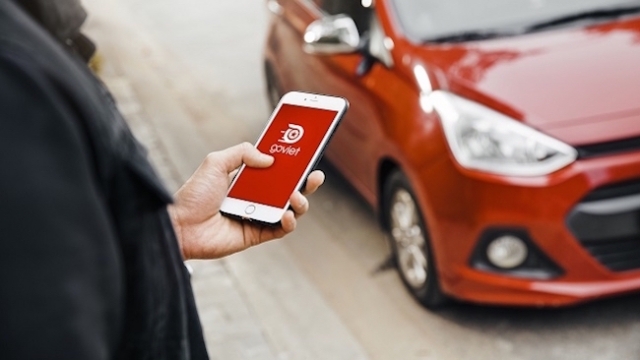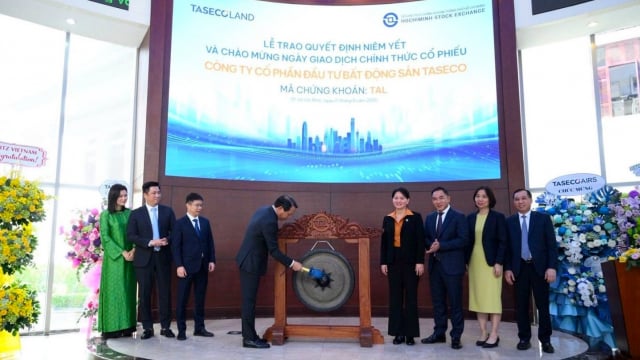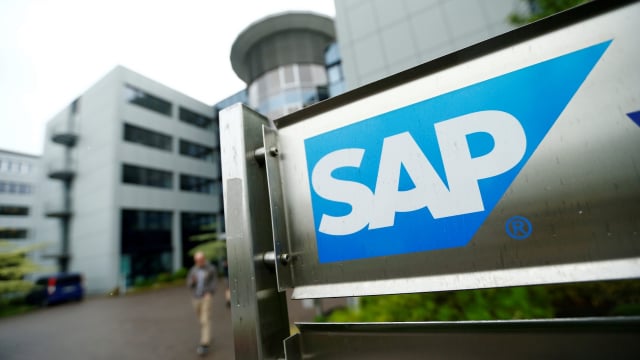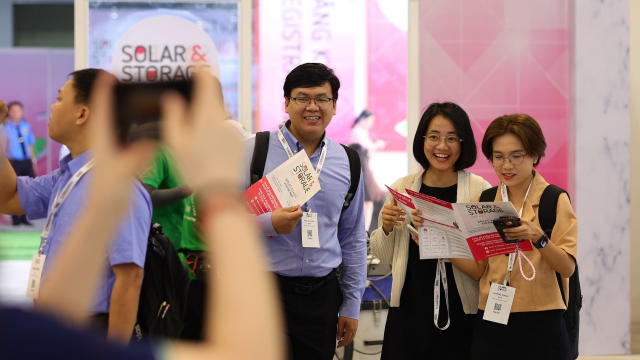Business
Foreign ride-hailing applications cope with new battle to acquire $1.7 billion market dominance
It is undeniable that domestic ride-hailing applications are making a lot of efforts to improve its service quality as well as its technology and technique but still it does not seem to be enough to catch up with Grab.
Recently, GO-VIET ride-hailing application with the support of Go-Jek has announced to participate in Vietnam's ride-hailing market.
With its $500 million expansion plan into Southeast Asian countries, there are lots of expectations that through GO-VIET, Go-Jek will become a major opponent of Grab, competing for the dominant position in Vietnam's ride-hailing market.
Considering the financial capacity as well as the business scale, Go-Jek is one of the most competent rivals of Grab. While Go-Jek is being valued at $5 billion, Grab is assessed at $6 billion.
The presence of foreign firms such as Go-Jek and Grab is an evidence showing that domestics ride-hailing firms are losing their opportunities.
Meanwhile, traditional passenger transport companies like Savico, Mai Linh or VinaSun etc. continue to face many difficulties and poor business outcomes.
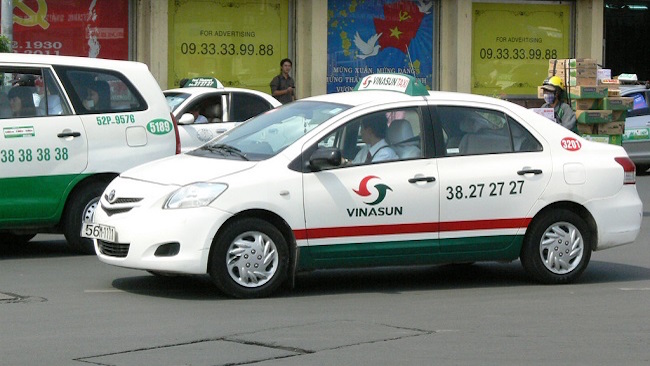
Saigon General Service Corporation (Savico) is the first company in Vietnam to announce the suspension of its taxi business in the face of pressure from Grab.
"Just when Savico made a profit compensating for its previous losses, the market-share war from Grab and Uber worsened the situation for Savico," said Savico representative.
After nearly 10 years of operation, this joint venture has to restructure the fleet and improve service quality to maintain a roundly 90 per cent utilization rate, thus increasing costs.
Others major taxi service providers such as Vinasun or Mai Linh have also been struggling to compete with Uber and Grab.
In the first quarter, VinaSun’s business outcome was poorer than anticipated. In particular, its revenue from taxi service decreased sharply, reaching only $8.8 million, which is not even 1/5 of the company's revenue in the previous year i.e over $43 million.
Vinasun's profits have also fallen sharply, specifically, post-tax profit of the company in the first quarter only reached $503,000, a five times decrease over the same period. This figure is only equivalent to 12 per cent of the annual plan set by the board.
Same goes for Mai Linh, in 2017 the company cut back more than 3,000 employees. In 2017, the company's revenue only reached $45 million, of which the majority part came from the car sales. In addition, Mai Linh's main business activities recorded a loss of $2.3 million after a long period of losses.
According to Vinasun, the competition at unreasonably low prices, constantly using resources to offer promotions to customers, drivers in order to gain market share of foreign companies has caused great impact on Vinasun's market share.
The withdrawal of Uber from Southeast Asia market, particularly from Vietnam market has resulted in the monopoly of Grab in the $1.7-billion ride-hailing market, together with the loss of traditional taxi, has created opportunities for the emergence of domestic ride-hailing applications such as VATO, Aber or FastGo.
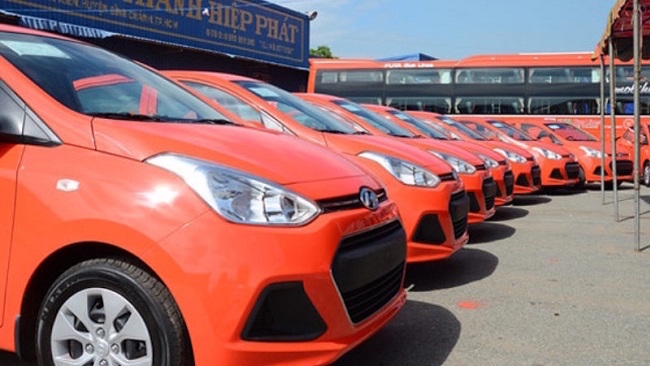
In spite of many great expectations from the public, these domestic ride-hailing applications have not been able to satisfy their customers so far.
For instant, VATO had received many complaints when neither of the driver position nor the customer position are shown in the application. Although just being launched recently, FastGo application also experiences many technical glitches.
It is undeniable that domestic ride-hailing applications are making a lot of efforts to improve its quality of service as well as its technology and technique but still it does not seem to be enough to catch up with Grab.
In the near future, it is highly likely that the Vietnamese ride-hailing market will just be the "playground" of foreign companies.
Emergence of ride-hailing app Go-Jek rivals for Grab's market share
Michelin leads the smart mobility revolution with data and AI
Michelin is undergoing a strong transformation by applying AI and smart analytic, helping lead the smart, safe, and sustainable mobility revolution in the Industry 4.0 era.
LG Innotek secures $200 million IFC loan following revenue drop
LG Innotek Vietnam Hai Phong secured a $200 million IFC loan as revenue slows, aiming to expand camera module production while meeting sustainability targets.
Leading with empathy in Vietnam’s billion-dollar investment flows
For Koen Soenens, Sales and Marketing Director at DEEP C, empathy is a compass that guides major deals, the way a leader builds a team, and the ambition to create a sustainable industrial zone that carries a Vietnamese identity.
Taseco Land’s new logo marks a new growth trajectory
Taseco Land has shifted its listing to HOSE and introduced a new upward-pointing arrow logo - a visual statement of its strategy to raise capital, expand its land bank, and strengthen its standing in Vietnam’s real estate sector
SAP positions Vietnam as key R&D hub with €150 million investment
Located in the heart of Ho Chi Minh City, SAP Labs Vietnam is the second SAP Labs Network hub in Southeast Asia, following Singapore and is one of 20 countries that have SAP Labs globally.
Solar & Storage Live Vietnam returns, leading sustainability and innovation in energy sector
Solar & Storage Live Vietnam event has been running since 2017 and the 2025 edition will be the biggest yet.















